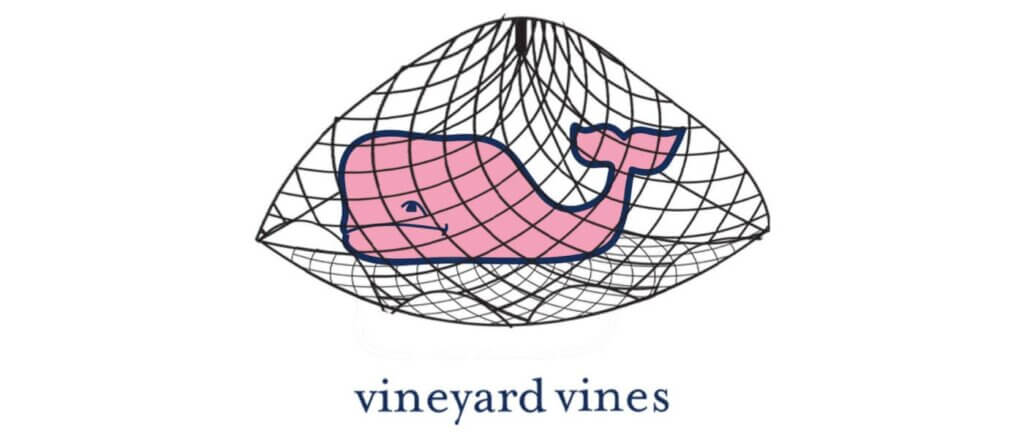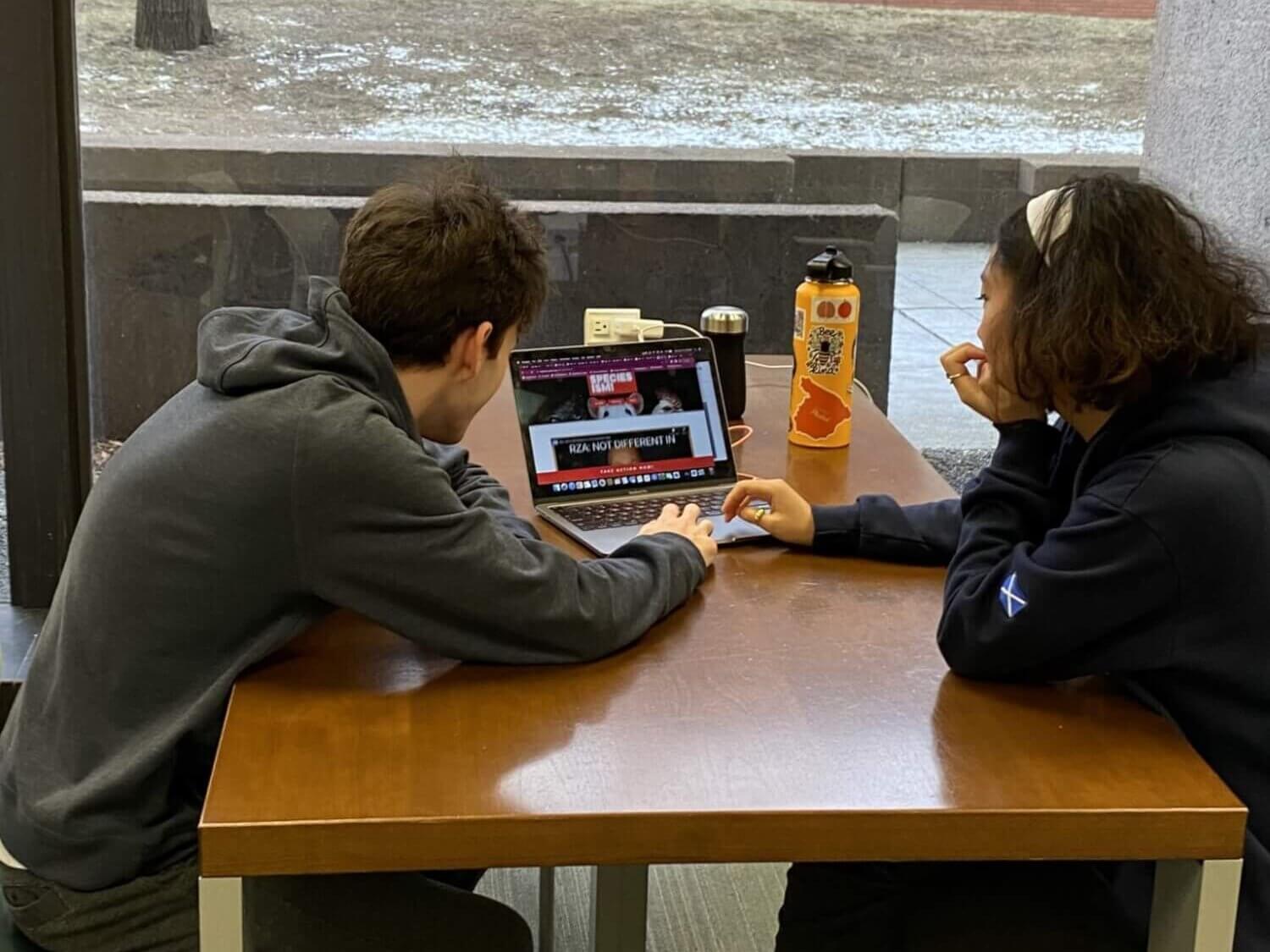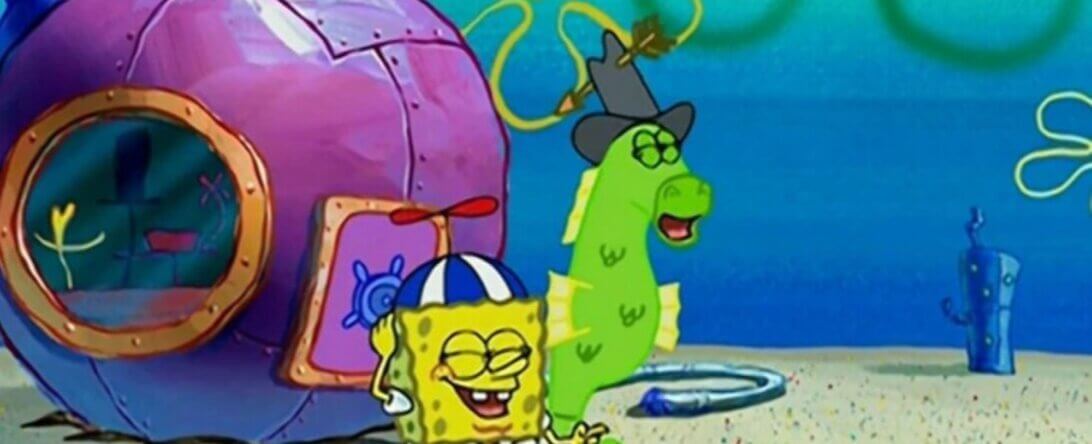Two Students Created ‘Cruelty Rebranded’ to Help End Speciesism
If you’re a student, you’ll likely have the opportunity to choose your own topic for a class assignment at some point in your education. Whether it’s a book report, a PowerPoint presentation, a research paper, or a speech, an opportunity like this can help you make a difference by informing your peers about cruelty to animals!
Matthew Powers and Jasmine Chin are two college students who used a digital advertising campaign project to create “Cruelty Rebranded,” a PETA-style campaign in which popular brands would redesign their logos or products to raise awareness of issues involving animals who are currently company mascots.
When asked how they came up with the idea for “Cruelty Rebranded,” Matthew and Jasmine said that “most people shy away from the idea of animal cruelty because it can be disturbing [and] hard to watch …. This inspired us to think of different ways that people come into contact with animals in other facets of their everyday lives. We saw the potential that brand logos with animals had to inform consumers about how different animals are specifically impacted by speciesism, which is when the idea for ‘Cruelty Rebranded’ was born.”



Once we developed the big idea for this campaign, we were excited to inform people about the issue of speciesism.
Matthew Powers and Jasmine Chin

For Matthew and Jasmine’s creative work on their advertising project, PETA is presenting them with our Creative Action for Animals Award.
When asked what they had learned from this project, they said:
[W]e learned a lot about how speciesism is a human-supremacist view in which people have been conditioned to believe that other animal species are inferior to our own and that it is somehow acceptable to exploit them. Our extensive research on how the animals in our campaign suffered from human prejudice made us more passionate about the issue of speciesism, and we wanted to ensure that this was reflected throughout our campaign through the logos and brands that we chose for our project.
Matthew and Jasmine encourage other students to consider ways they can advocate for animals in their daily lives:
This project taught us that there are many ways for young people to advocate for animals throughout their communities. Whether it’s being mindful of the products they’re using or doing more research on specific ways they can support different animals in their day-to-day lives, taking these steps can ultimately condition us to have care and compassion at a young age and eliminate the viewpoint that we are superior to [other animals].
Great work, Matthew and Jasmine!
Want to speak up for animals at school?
Whether you are writing a thesis about speciesism, need to interview an expert about ways to help animals, or want to campaign to end cruel animal dissection in your school, peta2 staffers are here to guide you. E-mail [email protected] for assistance.
Text peta2 to 30933 for ways to help animals, tips on compassionate living, and more!

Terms for automated texts/calls from peta2: http://peta.vg/txt. Text STOP to end, HELP for more info. Msg/data rates may apply. U.S. only.





